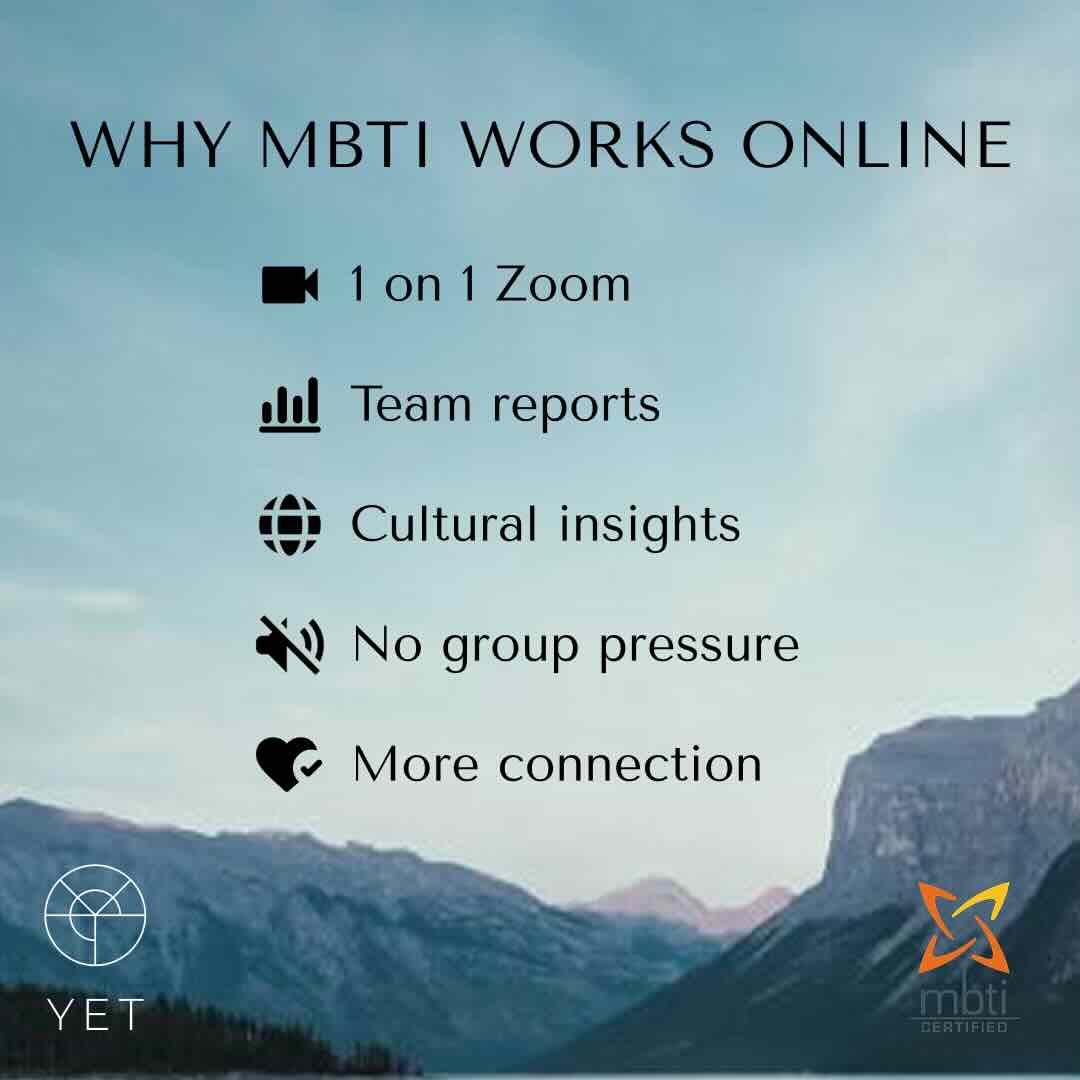Understanding the INTJ Personality Type: The Conceptual Planner
Known as the “Conceptual Planner” within the MBTI® framework, INTJs are recognized for their visionary thinking, strategic insights, and relentless pursuit of knowledge. Driven by their need for understanding and improvement, INTJs bring a unique combination of imagination and analytical rigor to their interactions and projects. The INTJ personality type stands for “Introverted, Intuitive, Thinking, and Judging,” capturing the essence of an independent, focused, and often future-oriented mindset.
In this blog post, we’ll explore the core traits, strengths, growth opportunities, and workplace dynamics of the INTJ personality type. Whether you’re an INTJ seeking to deepen your self-awareness or someone looking to collaborate more effectively with an INTJ, this guide will help you understand the unique mindset of the Strategic Architect.
INTJ Personalities Core Traits
1. Introverted (I):
INTJs recharge through solitude and quiet reflection. They enjoy spending time alone, which allows them to engage deeply in their thoughts and ideas. INTJs are less concerned with social conventions and focus more on cultivating meaningful connections.
2. Intuitive (N):
INTJs are forward-thinking and often see patterns and possibilities beyond the present. They prefer abstract, big-picture concepts over immediate, concrete details, allowing them to devise innovative strategies for the future.
3. Thinking (T):
INTJs prioritize objective analysis and logic when making decisions. They value competence and efficiency, often seeking the most effective solution to a problem, even if it challenges established norms or expectations.
4. Judging (J):
INTJs prefer structure and organization, finding comfort in planning and setting goals. They are deliberate in their actions, often carefully considering their long-term impact before moving forward.
Strengths of the INTJ Personality Type
1. Strategic Thinking:
INTJs excel at seeing the big picture and creating detailed, strategic plans to achieve long-term goals. They enjoy analyzing complex problems, identifying patterns, and developing solutions that lead to improvement.
2. Independent and Self-Motivated:
INTJs are self-sufficient and prefer to rely on their abilities rather than depending on others. They are highly motivated to pursue personal goals and often enjoy the autonomy to explore their intellectual interests.
3. High Standards and Integrity:
Known for setting high standards, INTJs are thorough and focused on quality. They have a strong sense of integrity and are unlikely to compromise on their principles or vision, even when faced with opposition.
4. Confidence and Determination:
Once they set a goal, INTJs pursue it with tenacity and confidence. They are willing to take calculated risks and trust their judgment, making them effective in leadership roles or positions that require decision-making.
Challenges and Growth Areas for INTJs
1. Difficulty with Emotional Expression:
INTJs tend to rely on logic, sometimes at the expense of understanding or expressing emotions. This can create misunderstandings in relationships, as others may find them detached or overly critical.
Growth Tip: Developing empathy and practicing open communication with loved ones can help INTJs build stronger connections and become more attuned to emotional cues.
2. Impatience with Inefficiency:
INTJs often feel frustrated by inefficiency or lack of competence, especially in group settings. They may be critical or impatient if things do not meet their standards or move at their preferred pace.
Growth Tip: While efficiency is a strength, INTJs can benefit from learning to tolerate different working styles. Practicing patience and recognizing the value others bring to a team can enhance their collaboration skills.
3. Overlooking Practical Details:
Focused on the bigger picture, INTJs can sometimes miss practical, day-to-day details that require attention. This may lead to unanticipated challenges or gaps in their plans.
Growth Tip: Building habits to check for details can enhance INTJs’ effectiveness, helping them balance vision with practical execution.
4. Struggle with Adaptability:
INTJs like to plan and can become rigid when things do not go as expected. Their preference for control can make it difficult for them to pivot or adapt to changes spontaneously.
Growth Tip: Embracing flexibility and viewing unexpected changes as opportunities rather than obstacles can help INTJs grow and adapt in dynamic environments.
INTJs in the Workplace
INTJs thrive in environments where they have autonomy to implement their ideas and contribute to strategic planning. They excel in roles that allow them to create and optimize systems, analyze data, or engage in research and development. INTJs are motivated by innovation and are often well-suited to careers in fields like science, engineering, consulting, or management.
While they prefer working independently, INTJs can be effective in teams, especially if their strategic insights are valued. However, they may struggle in workplaces with excessive bureaucracy or unclear objectives, as these can hinder their productivity and focus.
INTJs in Personal Relationships
In relationships, INTJs are known for their commitment and loyalty. They are selective with their friendships and relationships, preferring quality over quantity. INTJs often express their affection through thoughtful actions and support rather than overt displays of emotion.
For INTJs, becoming more expressive and attuned to others’ emotional needs can lead to more fulfilling personal connections. Practicing vulnerability and actively communicating with loved ones can enhance their relationships and allow for deeper emotional understanding.
Conclusion: Embracing the INTJ Personality
The INTJ personality type is a unique combination of vision, strategic insight, and independence. By embracing their natural strengths—while working on interpersonal skills and adaptability—INTJs can lead a balanced, fulfilling life. Understanding their unique qualities and growth areas can empower INTJs to build strong connections and achieve meaningful goals in both personal and professional settings.
For INTJs, blending their visionary mindset with practical steps for personal growth will help them realize their potential and create lasting impact in their endeavors.
Read more about the INTJ personality type in a cultural context:
Read more about the INTJ personality type in a cultural context here.




